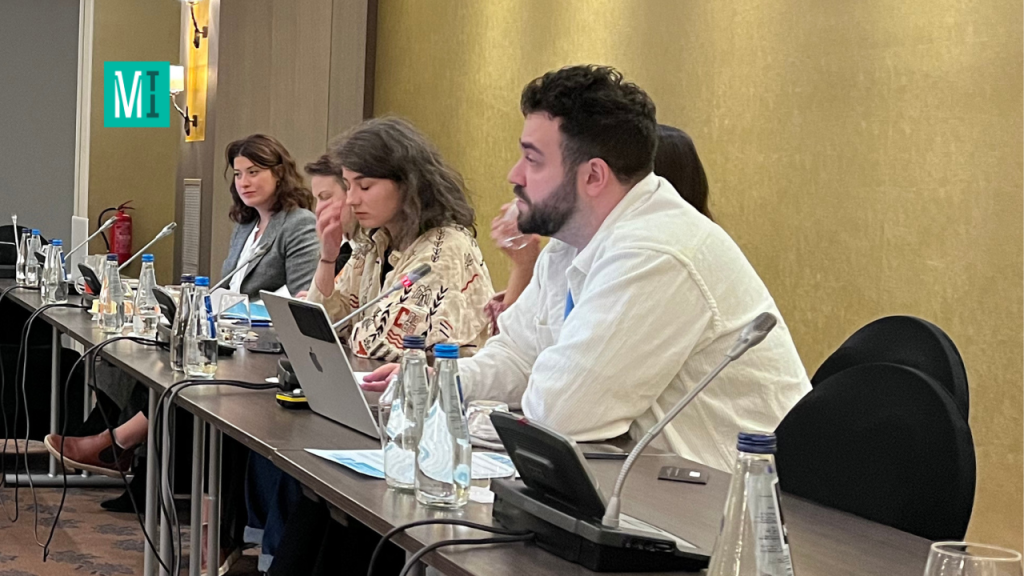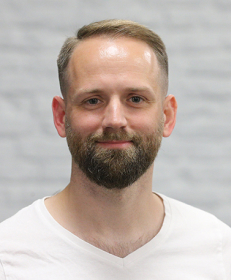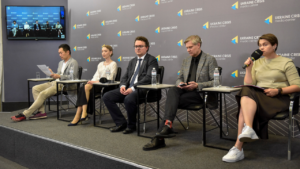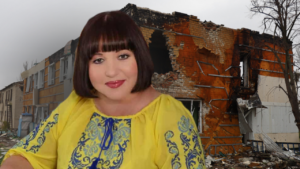“We need a hybrid court that will prosecute Russians. Without this, there will be no effective justice”, — a new tribunal was called for at the OSCE Human Dimension Conference

Today, within the OSCE Annual Human Dimension Conference framework, the Ukraine 5 AM Coalition organized a public discussion ”In Search of Justice. What should the architecture of justice in Ukraine look like based on the experience of victims and the needs of the justice system.” During the event, the participants presented research on the Ukrainian justice system in the context of the war, the motivation of victims to participate in court proceedings, and international mechanisms for prosecuting criminals.
According to Oksana Rasulova, Coordinator of Trial Monitoring and Coverage at the MIHR, victims often lose this motivation, as the justice system is rather chaotic. The more time passes from the moment of the crime, the less people want to participate in justice.
— I think this can be changed if we don’t limit ourselves to a sentence as the final result. We need to look for other ways to motivate victims. Because people really want to tell their story but to record it in the version they see it. And this can definitely be an element of justice for victims, — Rasulova emphasizes.
At the same time, MIHR`s representative states that the concepts of transitional justice offered to Ukraine by other countries (South Africa, Rwanda, etc.) are not suitable for the Ukrainian context. The most important thing, she believes, is to ensure that victims and their complex experiences are not lost behind legal terms. To do this, they must become central figures in all justice: they must be listened to, given the opportunity to talk about what happened to them, and not excluded from understanding the war and its consequences.

During the side event, the MIHR presented an analytical report on the experiences of victims and witnesses in war crimes trials. Photo: MIHR
Natalia Humeniuk from the Public Interest Journalism Laboratory also spoke about justice in the context of victims. She focused on not overestimating society’s expectations of justice and looking for new satisfaction methods for victims. She believes that memorializing the stories of these people can be an element of justice.
— For victims, human treatment is very important. And while for some, it is the granting of a certain status, for others, it is the recognition that a person was tortured not because he or she was an accidental victim but because he or she was a patriot.
— We have to preserve this memory and to do so, we need to work closely with the victims. I am convinced that such interaction, communication, and support of victims in court proceedings increases their sense of justice, — says Humeniuk.
Anna Farifanova, representing the Helsinki Foundation for Human Rights, raised the topic of justice opportunities for Ukrainians, including in other countries. Currently, her team is focused on access to justice and rehabilitation of victims in Poland. Even though several million Ukrainians live in this country, Polish law enforcement agencies do not conduct full investigations into the crimes committed against them by Russia and its military. And this, according to Farifanova, needs to be changed. Otherwise, it is impossible to ensure accountability for international crimes and effective access to justice and reparations for victims.
— We also observe shortcomings in the Polish legal system, which denies medical and psychosocial rehabilitation to victims of serious violations of international law, — says Anna Farifanova.
— Even victims of torture are not able to receive specialized support on an expedited basis through our medical and social systems.

The side event was organized by human rights organizations from the “Ukraine. 5 AM” coalition, which also includes the Media Initiative for Human Rights. Photo: MIHR
A hybrid tribunal could be one of the options for developing the Ukrainian justice architecture for serious international crimes committed by Russia and its military. Arie Mora of the Ukrainian Legal Advisory Group insists on this.
— This should be a tribunal created specifically for the crimes committed in the context of our war, — says Mora, — and this court should be composed of both national and international elements. It can be in Ukraine or abroad but must have foreign and Ukrainian judges, prosecutors, and investigators.
— This will allow us to combine our international expertise with ours since we understand the local context of what is happening. At the same time, international representation in the hybrid tribunal ensures the proper level of its legitimacy. In this case, there will be no questions about the subjectivity of Ukrainians because internationals will be involved in justice.
It should be noted that the Ukrainian government is currently focused on establishing a tribunal exclusively for the crime of aggression, which is the easiest to prove. With this approach, Russia’s other international crimes remain outside the scope of international justice. A hybrid mechanism would help change this.
— Our government is too focused on the tribunal for the crime of aggression. Of course, this does not mean that there cannot be two courts or tribunals. But we cannot move forward without realizing that we need a hybrid court to prosecute all crimes. Otherwise, we risk not getting anything we would like for truly effective justice, — emphasized Arie Mora.
We thank Ulyana Pashynna, USAID Justice for All Program Legal Counsel, for moderating the event.
This publication (replace according to the document) has been produced with the support of the European Endowment for Democracy (EED). Its contents do not necessarily reflect the official opinion of EED. Responsibility for the information and views expressed in this publication lies entirely with the author(s).







